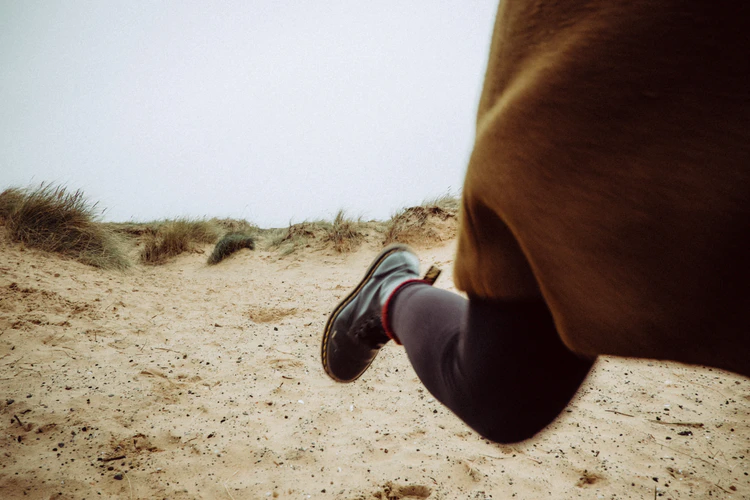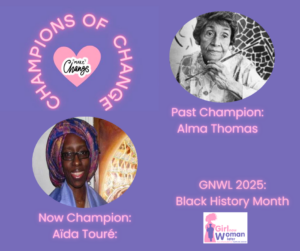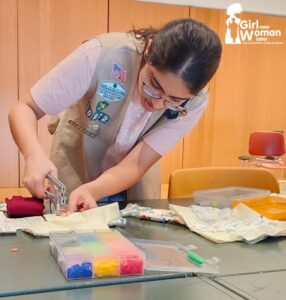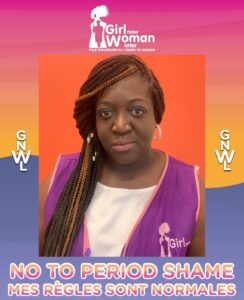Burkina Faso has a long-standing issue of violence towards women. A 2012 survey found that 12% of women had experienced lifetime physical and/or sexual intimate partner violence with 9% having experienced this in the last 12 months.[1]Yet tragically, these rates are on the rise.
Violence against non-state armed groups, many with ties to extremist groups within Burkina Faso and the neighboring Sahel countries, has led to a displacement of more than 1m people in the last two years. This is a 60% increase from January 2020 to 2021, leaving many women at risk.
In the Center North region of Burkina Faso, sexual assault cases increased from 2 – 10 over the course of 3 months in 2020. One 20-year-old woman in Kaya, Burkina Faso was forced to leave her village after rising violence from Islamic extremists. She knew that if her husband were to return for her belongings there was a high likelihood he would be killed. Instead, she went and was dragged into a bush, beaten, and raped at knifepoint. Women and girls are being left fearful and unprotected against violence, especially within refugee camps. They are afraid to leave their homes and go to work or school. This means more and more women and girls are left to rely on their husbands or the men in their families which compounds issues like forced marriage, physical and sexual violence, and exploitation.
Humanitarian needs are at their highest point since 2018. 3.5m people need help.[2]Sustained and committed efforts are needed to respond to the scale of the crisis. GirlNowWomanLater calls upon foreign nations to fundraise and support humanitarian aid efforts. We encourage the government of Burkina Faso to support women and girls in particular with increased measures of protection. We seek to educate families about the importance of girls’ continued education, even during conflict, and the need for safe and respectful domestic relationships.
Lucy, Rowland.





